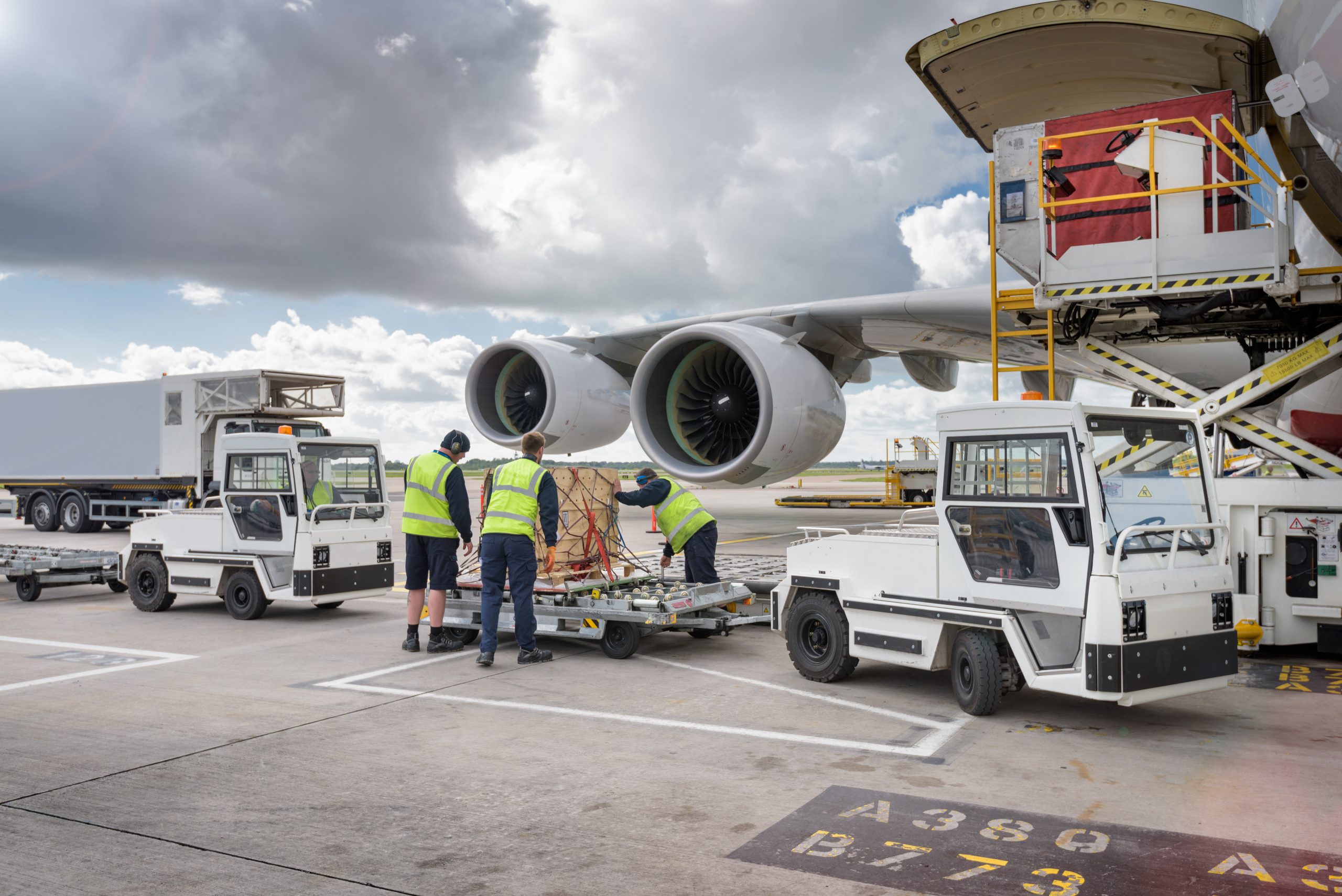Sudan is a country located in North-East Africa with a population of over 44 million people. It has a rich and diverse cultural heritage, with more than 500 ethnic groups and languages spoken in the country. Sudan is the third-largest country in Africa, with an area of approximately 1.8 million square kilometers, making it the largest country in the Arab world.
The capital of Sudan is Khartoum, which is also the country’s largest city. Sudan is bordered by Egypt to the north, Libya to the northwest, Chad to the west, the Central African Republic to the southwest, South Sudan to the south, Ethiopia to the southeast, and Eritrea to the east. The Nile River runs through Sudan and is a vital source of water for the country.
Sudan’s economy is largely based on agriculture, with cotton, sorghum, and gum arabic being the main crops. The country is also rich in natural resources such as gold, silver, copper, and uranium. However, Sudan has faced many economic challenges, including high inflation, a large external debt, and trade sanctions imposed by some countries.
Sudan has a complex political history, with a long period of civil war between the north and the south that lasted for over two decades. The war officially ended in 2005 with the signing of the Comprehensive Peace Agreement, which granted the southern region autonomy and led to the creation of South Sudan as a separate country in 2011. However, Sudan has faced many other political challenges since then, including the overthrow of longtime president Omar al-Bashir in 2019 after months of protests.
Sudan is a country with a rich cultural heritage and diverse ethnic groups. However, it has faced many challenges in recent decades, including civil war, economic difficulties, and political instability. The country is now working towards peace and stability, with

